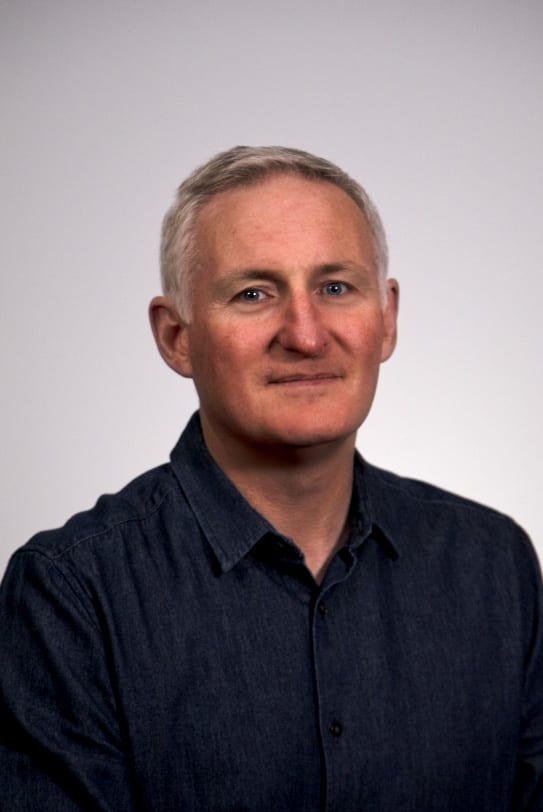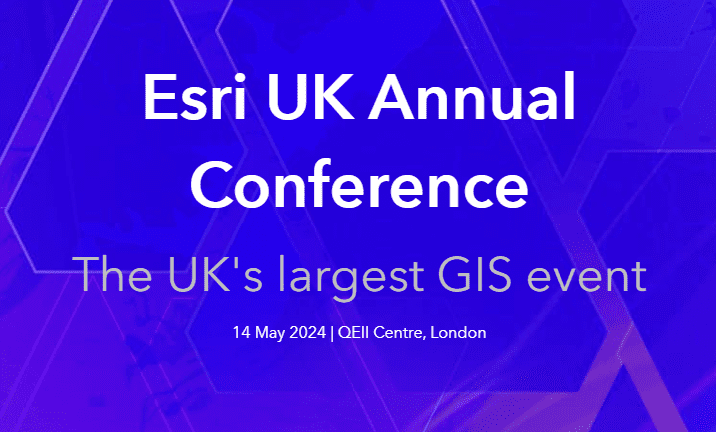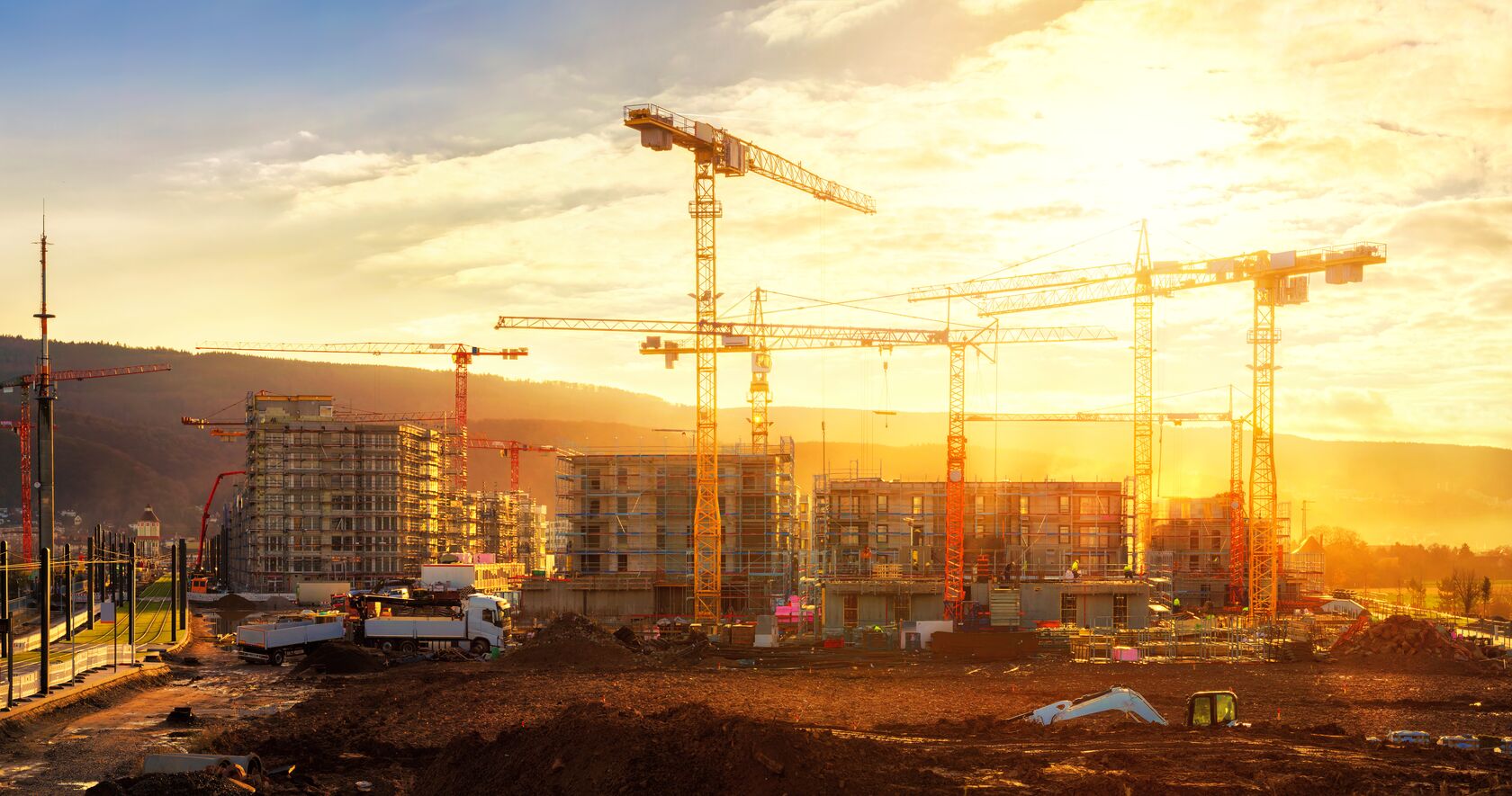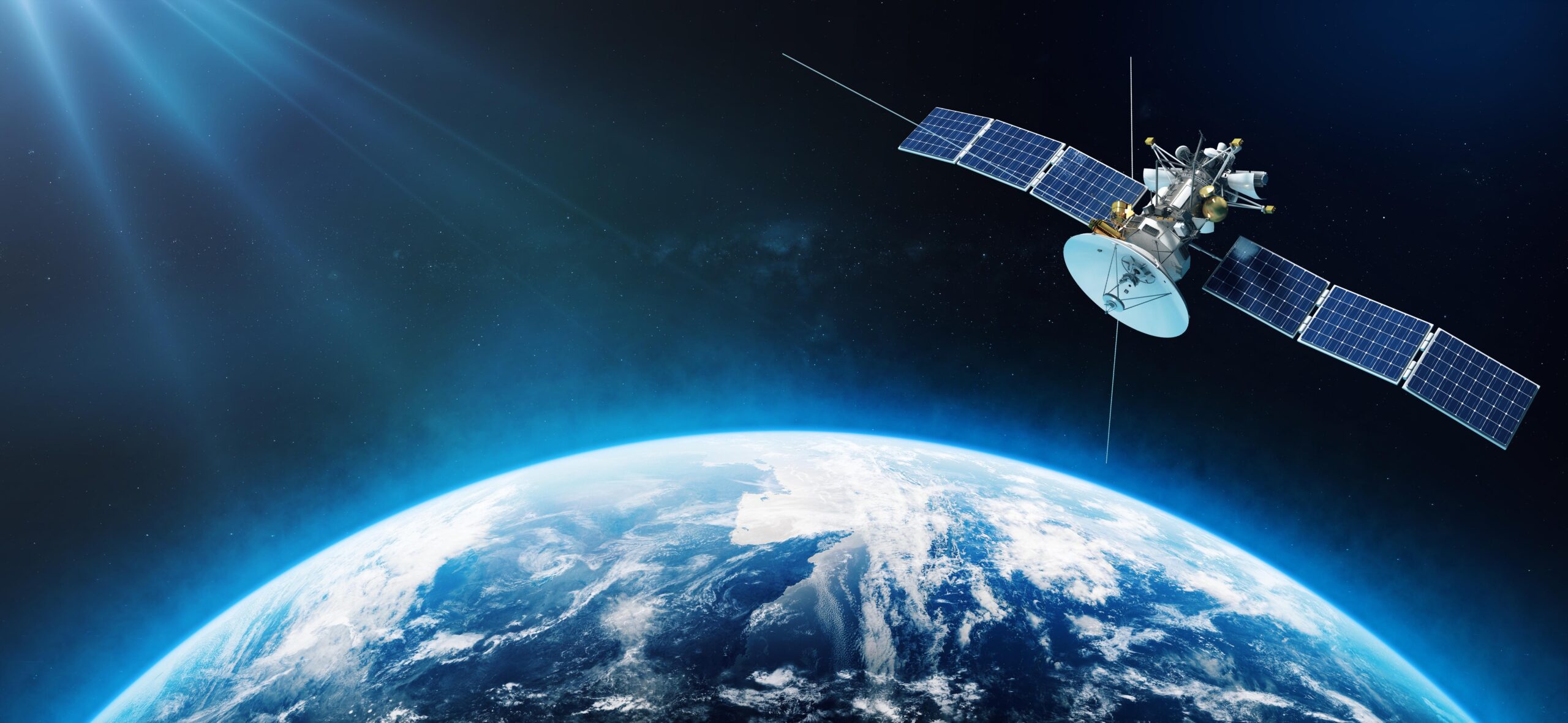“Look up” often

I found my wife sitting in the garden late last night, enjoying a bit of peace and quiet, and as it was a warm evening with clear starry skies (a rare combination in the North West of England) , I thought I would shatter that peace and join her!
As we sat I suggested we look up at the night sky, talking about what we could see and whether we could identify particular stars, etc. It isn’t easy – trying to adjust your eyes to the dark, and then taking the time to identify patterns and familiar configurations in the night sky – however with patience and a bit of guidance and orientation, you can quickly see something you recognise and boom! – excitement when you correctly identify a famous star, constellation, planet or even a passing satellite (sorry – it’s a plane)

I also enjoy seeing the moon during the daytime, although there are fewer reference points in the sky to provide a useful aid to identifying where other things are, namely because the sun hides everything else from view. That said you can still be guided by the position of the sun and/or the moon if you understand basic navigation.
Throughout human history we have always been able to use these reference points as an invaluable aid to living our lives and have relied on basic knowledge to coordinate our activities. Nowadays, however, we have an increasing reliance on technology to provide this. Our smartphones are miniature wonders that tell us everything we need to know about where we are , keep us on time, and how to find stuff to the point where we don’t often need to think.
Is this a bad thing – absolutely not for businesses – as the benefits for efficiency and productivity are well proven particularly for critical operations. I would however add that we should not become over-reliant on technology and ensure that we factor in a continuing basic understanding of measuring things – where, what and why – and the need to think about the purpose of the technology as a means to support guide – not completely substitute – logical thought and common sense.
I count myself fortunate as having studied astronomy as part of my degree course in surveying. One of my university lecturers would often lament amount how, if satellites failed, we would have to rely on the sun, moon and stars for navigation amongst the many other things we rely on. At the time, I saw this as an excuse for dragging us into a field in freezing conditions to observe the stars, however it did provide an appreciation of traditional methods of measurement and navigation.
This translates into a behaviour that I have developed and perhaps take for granted in a modern world. I therefore feel a duty to ensure that my instinctive behaviour is not lost on those that perhaps do not have the benefit of being trained in traditional methods. This is also something that we instil both as a team, and transfer into everything we do with, and for, our clients.

We believe that technology has too many benefits to help improve lives and make our world a better place to be ignored. We are also faced with global challenges that technology is an absolute essential part of resolving. It is however down to people, you and I, to display consistent behaviours so that the technology has maximum impact and value.
In essence, we have to rely on technology, but ensure we “look up” often, use common behaviours based on good knowledge transfer and continual training, and also an appreciation that whatever we do in our daily roles has an impact on the future. Let’s work together to ensure that that impact is both a positive and sustainable one.
About
Michael founded MGISS in 2014 to combine his extensive experience in the utility and infrastructure sectors, with a desire to transform the way these industries think about the value of spatial data and sustainability. As a qualified Engineering Surveyor, Michael has worked across engineering, national mapping agencies, commercial technology providers and in surveying and design since 1995, and sees his role as “building bridges” between people, technology and sustainability as an aid to solving global challenges.



